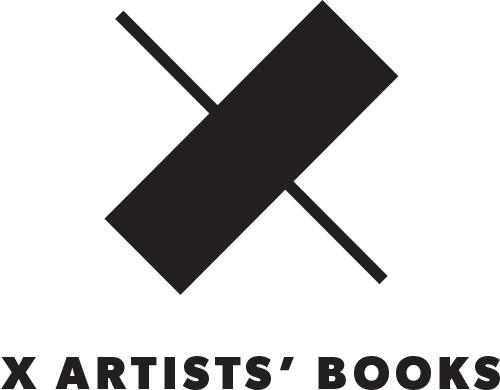Interview with Building + Becoming author Amir Zaki on Yield
by Mike Rippy
MR: Can you describe how you became interested in photography?
AZ: Sure. Let's see. I grew up in a pretty small town in Southern California. My dad was from Egypt, my mom's from Minnesota. They both moved to California from Minnesota after my dad emigrated from Egypt. We lived in a small town. My dad was a scientist, my mom's a home economics teacher and nobody was an artist. That's my long way to get to the part that nobody made art in my family.
We were fairly isolated from any extended family, and I basically, I'm 47 now, so I was a punk/goth kid in that era. Friends were “alternative”, which was the word we were using at the time. And basically in high school, I got a camera and was making these moody black and white pictures of friends smoking cigarettes and our weird haircuts.
MR: Sounds familiar.
AZ: That’s what I was interested in, that's the subculture that I came from. Then, I got into university at UC Riverside. I was straight up from high school. I was young – I was just barely turning 18. I was a psychology major and then within a year changed to philosophy, and that's an important move because my interest in philosophy stays to this day.
I'm really interested in both Eastern, Western – anything I get my mind on. But after about a year of philosophy, in that period of time, I met, who's now my wife, but was my girlfriend at the time. She was interested in art, and philosophy started getting really dry for me. It was like I was just realizing that there were going to be some really difficult, boring classes, not all the fun, existential stuff I was interested in. In all of that, I landed in a photography class, encouraged by my girlfriend – wife now – and landed in a photo class, and it was taught by John Divola.
That was an important moment because a lot of time those beginning level classes are taught by a visiting lecturer, which could be great too. But I just happened to be very lucky that quarter. I had no idea who he was at the time, didn't know anything about photography, but I had a little background in what I was doing, just being an interested kid.
All these things came together – philosophy, an introduction to a beginning art class taught by someone who's a very, very gifted teacher and already an interesting artist. He just opened things up. It was really like, "Oh my God, I can express all these philosophical ideas, but visually." Being from that generation – I've been thinking about this a lot with this whole NFT thing and these generational differences – is that, so ingrained in people from that era was this questioning authority, not conforming, and that's what this felt like.
It was a realization that, "Oh, there isn't a right answer. You're not telling me go make these pictures. You're saying here's an idea. Go out in the world and use what you have." It was fucking amazing. It was exactly what I needed. It was just luck. And so then I just started taking photo classes.
I'm a little bit of a gearhead. Some science interest, math interest, made photography very accessible. And what made it even better is that I became an art major. I realized I couldn't draw. I never wanted to draw. I found it super intimidating. My girlfriend was great at drawing and painting. I hated it, and I realized I didn't have to do it. That wasn't what art had to be. I could be an artist and not know how to draw, and all that just seemed great. That was the beginning, and then grad school and all the other fun stuff, but that's the genesis of where it came from.

